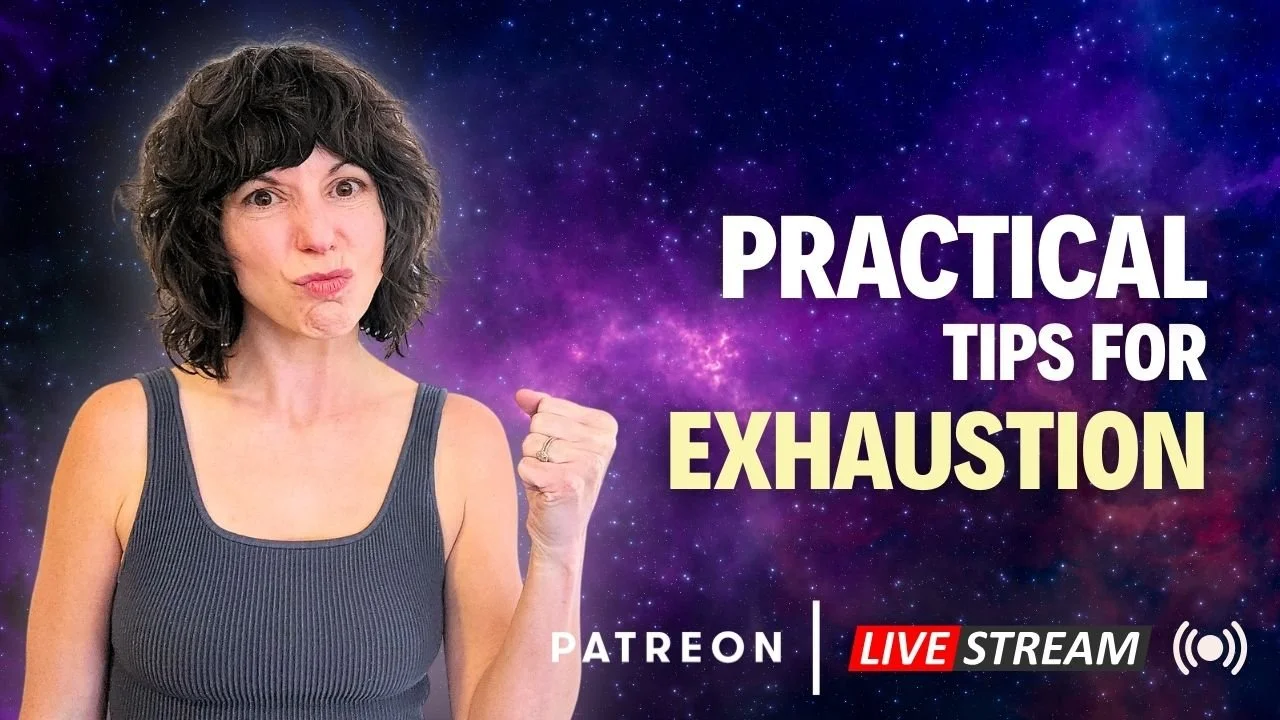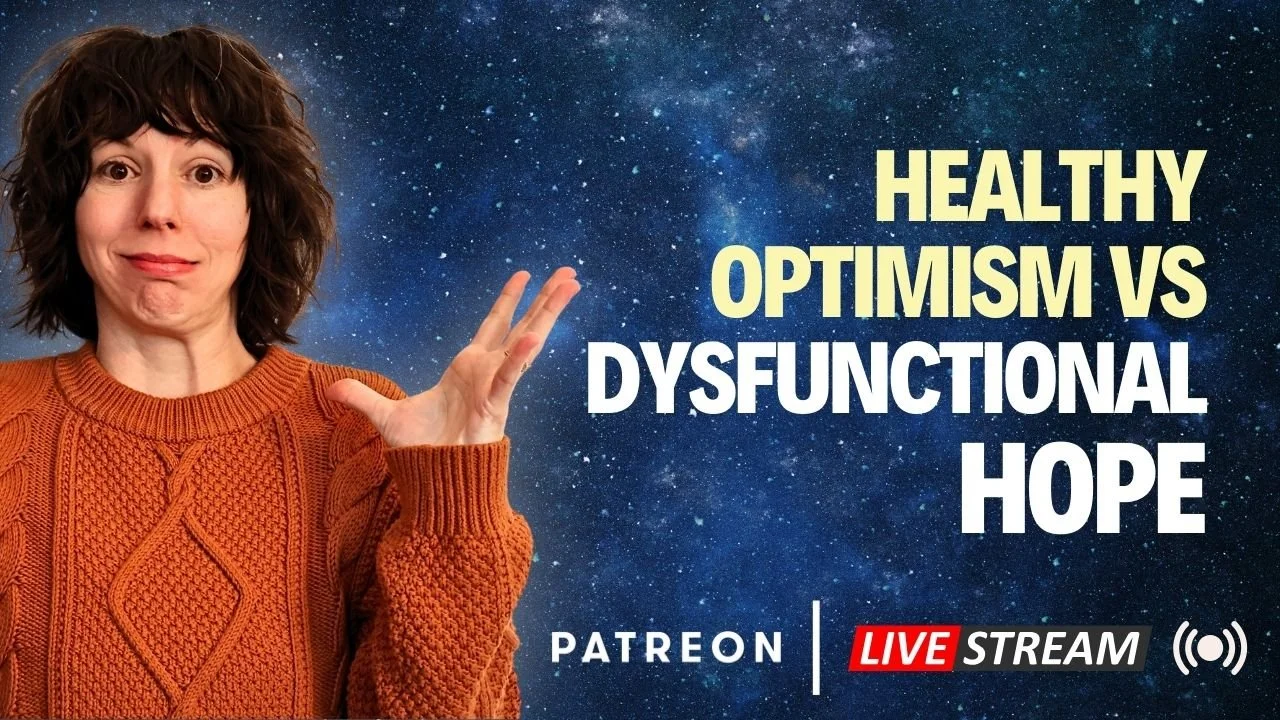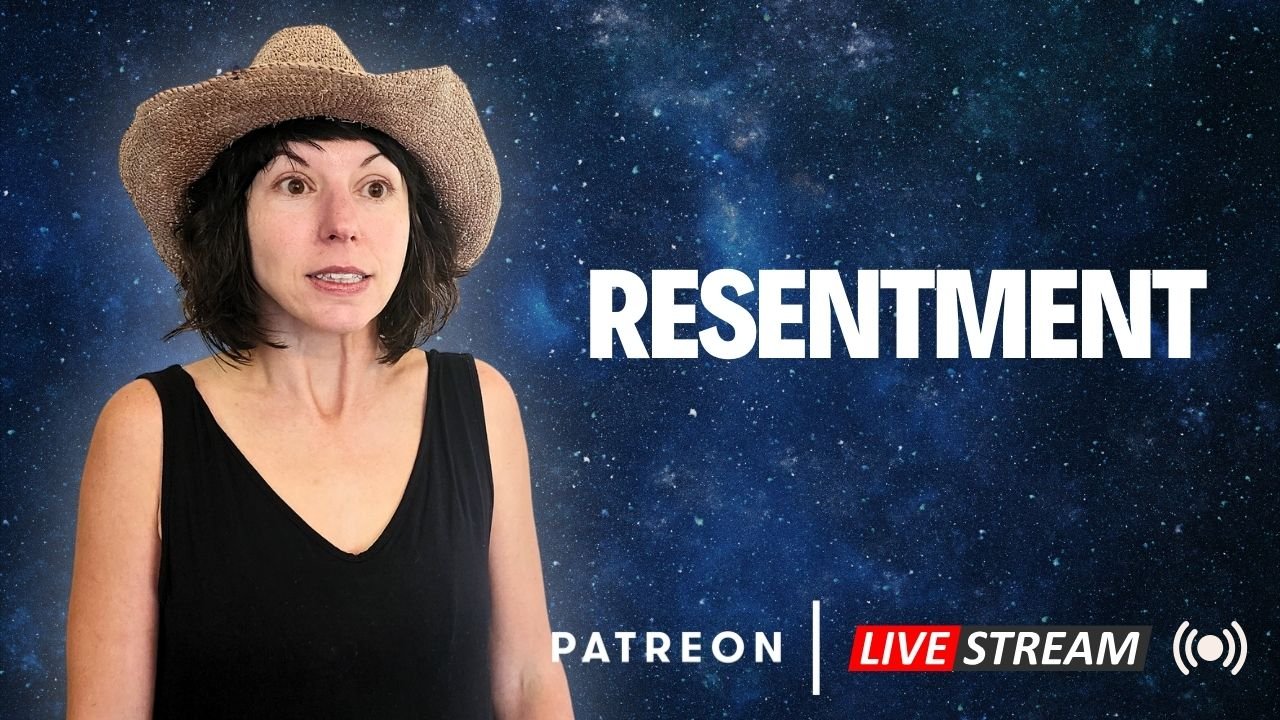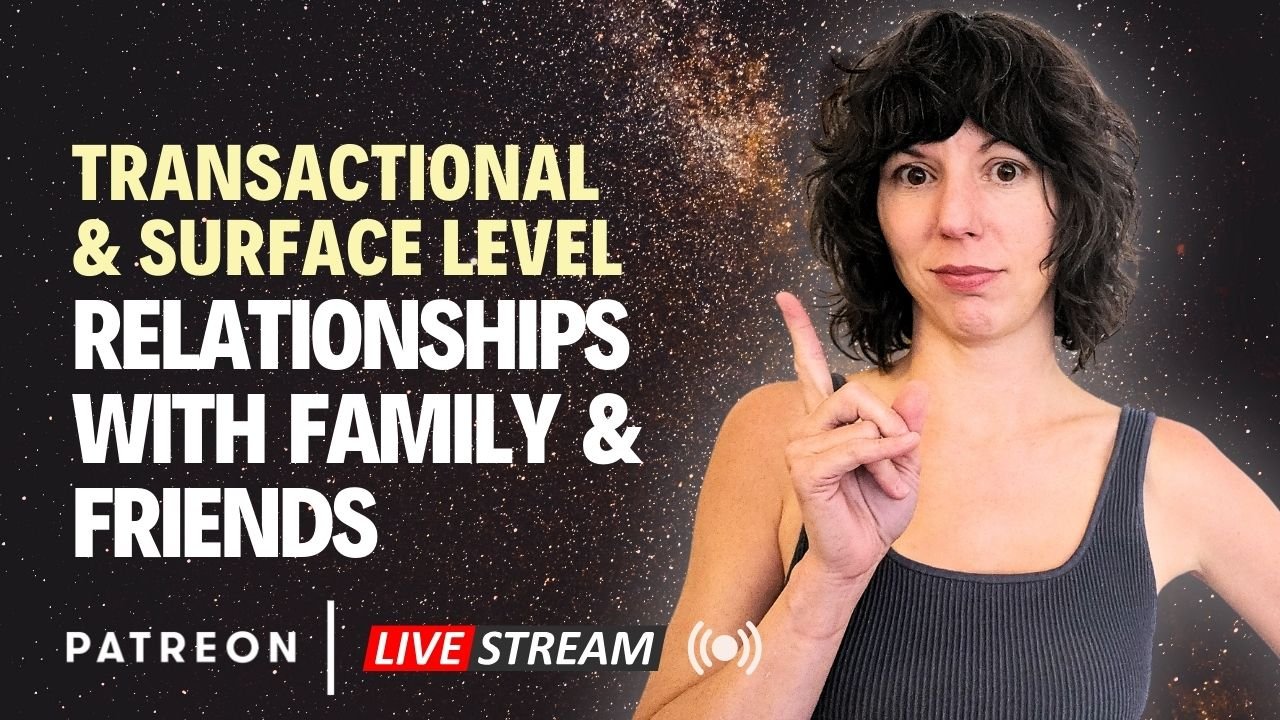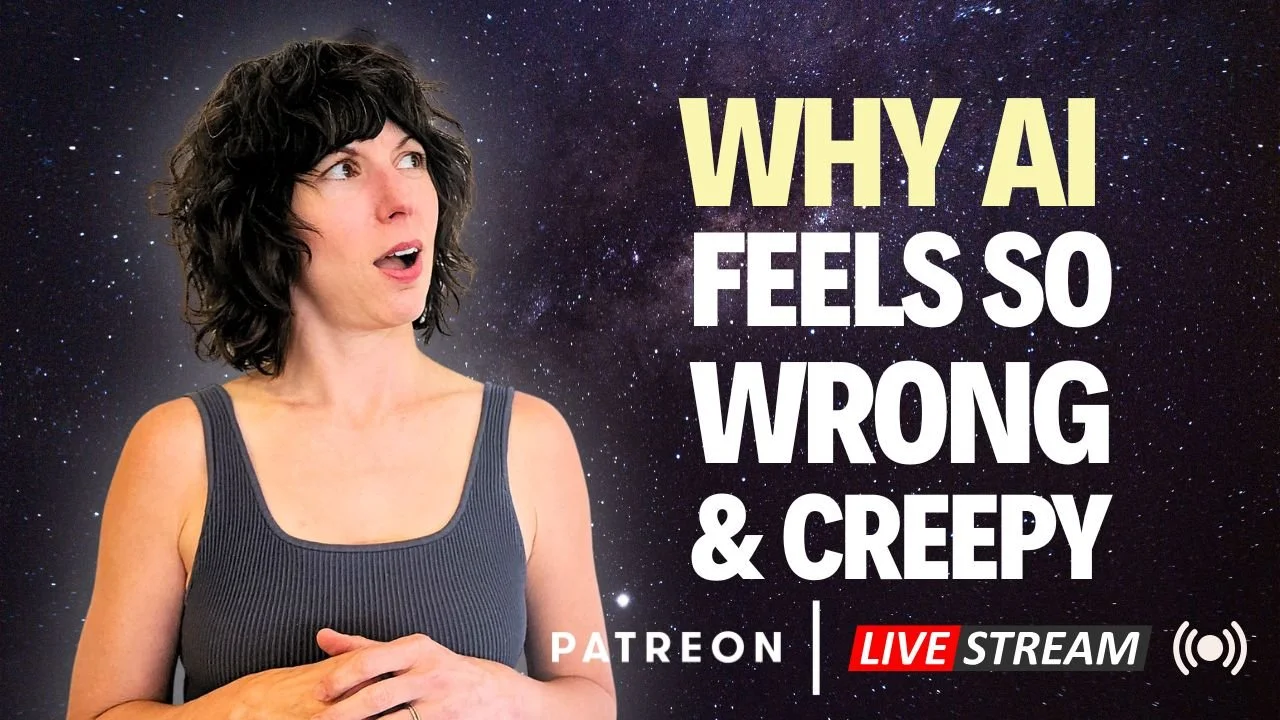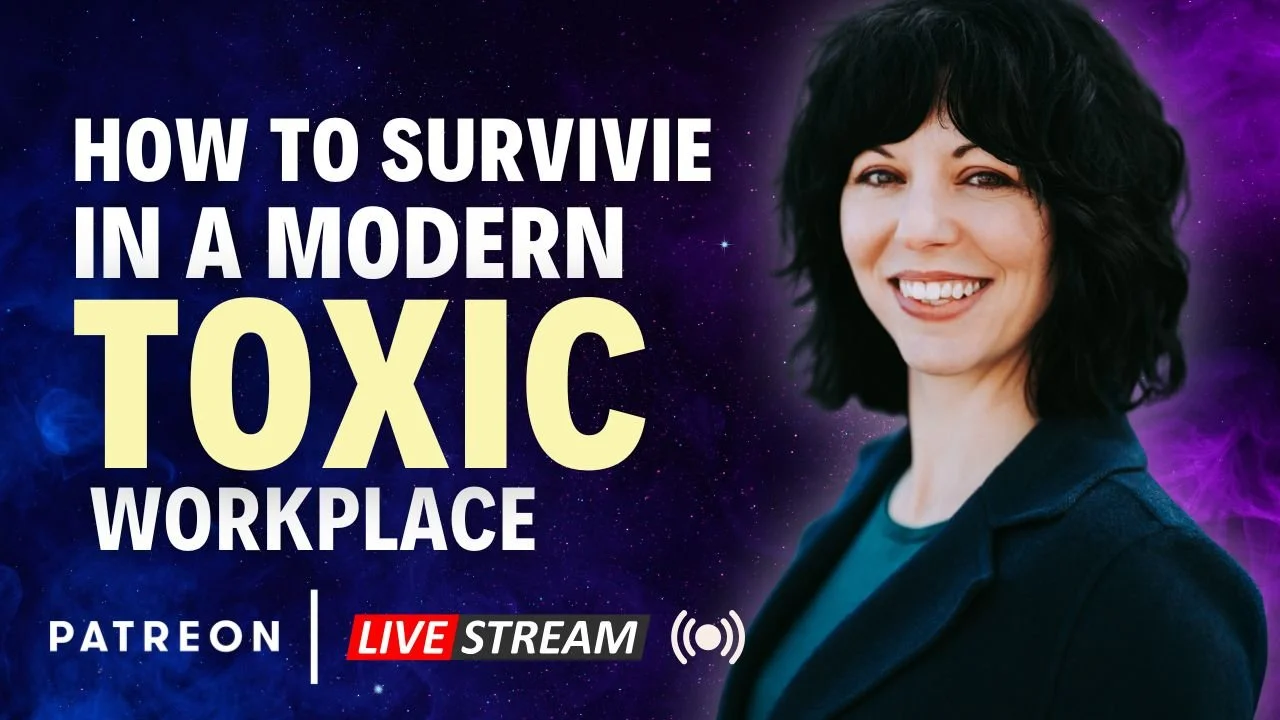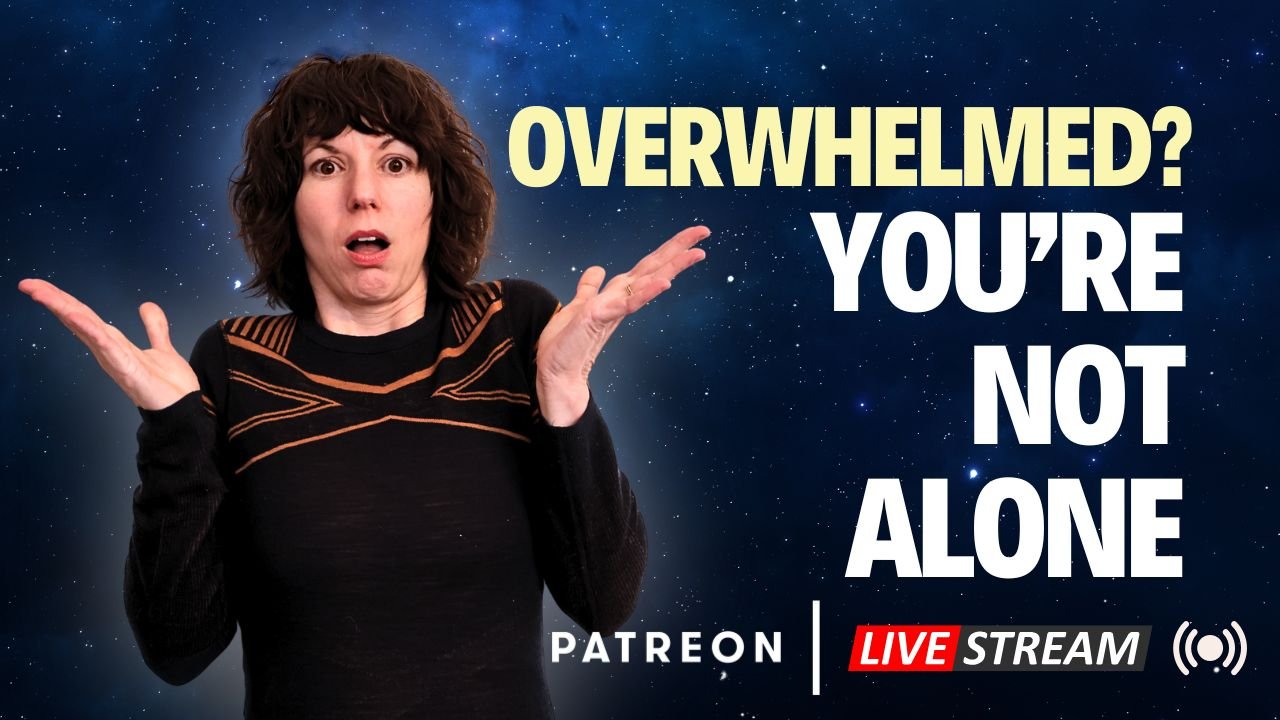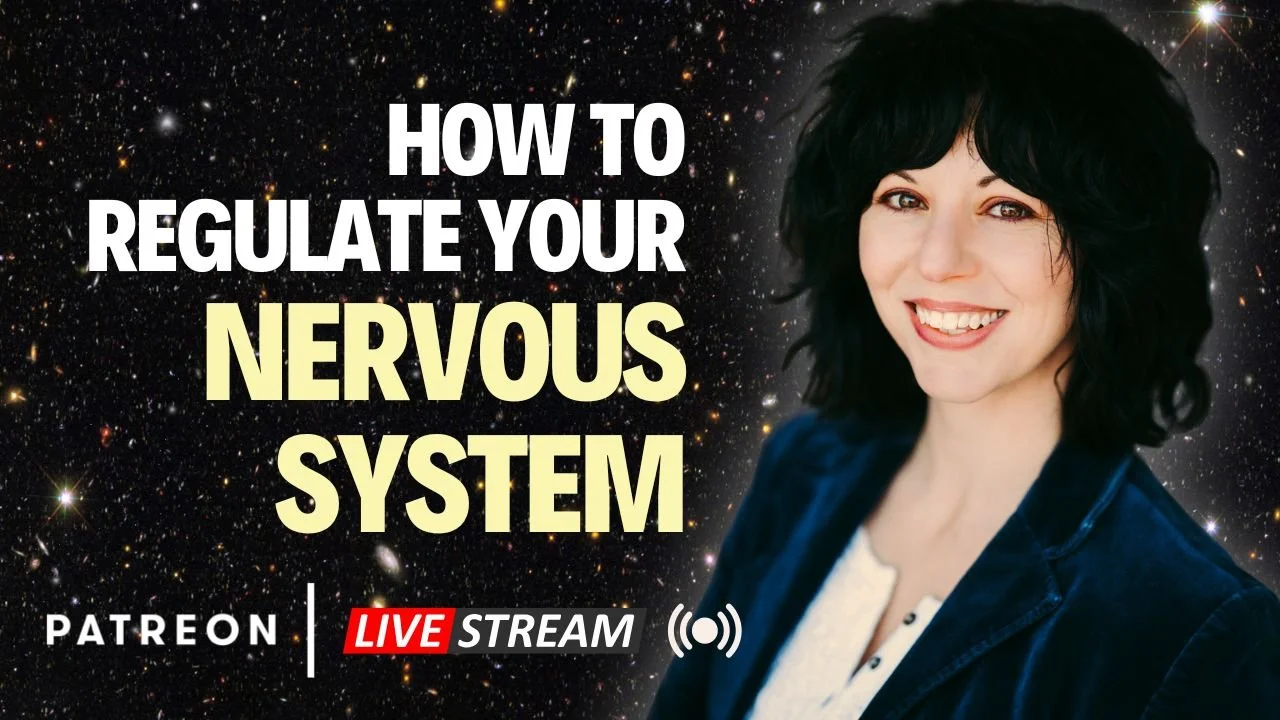Interview with Eric Zimmer from The One You Feed
In this episode we have enlightening discussion with Eric Zimmer from the One You Feed podcast, exploring themes of addiction, personal growth, and recovery. Zimmer shared candidly about his early struggles, which included acting out and battling kleptomania from a young age. This tumultuous period culminated in his plunge into the pool of addiction, providing him with a tough yet transformative life experience.
Zimmer's podcast, The One You Feed, derives its title from an old parable about two wolves within us constantly at war. One wolf symbolizes positive attributes such as kindness and love, while the other represents negative traits like greed and fear. According to the parable, the wolf that ultimately wins is the one we choose to feed, reinforcing the idea that our personal development hinges on consciously nourishing our positive attributes while starving our negative ones.
Having once lived as a homeless heroin addict weighing only 100 pounds and afflicted with hepatitis C, Zimmer today hosts a popular podcast and lives a gratifying life he's profoundly thankful for. His journey to sobriety began in a 12-step tradition and involved undergoing treatment, staying at a halfway house, and a short-lived return to alcohol consumption before he finally achieved complete abstinence.
Zimmer started his podcast eight years ago, seeking a positive outlet while dealing with personal challenges like a failing marriage and the collapse of his solar energy company. The podcast, he found, brought wellness and personal development to the center of his life. From this platform, a coaching business and spiritual habits programs later emerged, contributing to his personal and professional growth.
His story provides invaluable insights for those in different stages of sobriety or recovery. Zimmer's unique perspective teaches us that addiction isn't necessarily a black or white issue, as people use substances for various reasons, often to mask underlying problems. His story underscores the importance of surrendering to the healing process, accepting help when needed, and making deliberate choices that contribute to one's wellbeing. This episode invites listeners to reflect on their personal wolves and consider which one they are feeding.
In his early stages of recovery, he was introduced to the 12-step program's philosophy - helping others is a key to ensuring your sobriety. Although his initial contributions were menial tasks like cleaning ashtrays and making coffee, he quickly grew to take on mentoring roles and started sponsoring people. This involvement sparked his love for helping others and hinted at a potential path for the future.
However, the transition from a career in software and product management to becoming a coach wasn't a straightforward journey. He never envisioned that he could make this leap until he started a podcast. Initially conceived as a personal project, the podcast quickly gained traction and began to make a significant impact on its listeners. This newfound platform gave him the unexpected opportunity to transition into coaching, a role he realized he was already familiar with through his experience with the 12-step program.
His journey was not without its struggles. Reflecting on his childhood, he describes the impact of his parents' differing depression symptoms - his father's manifested as anger, while his mother became withdrawn. Despite these challenging circumstances, he didn't identify any significant trauma (big 'T') that may have led to his addiction. He suggests that a combination of smaller, chronic stressors (little 't' trauma) and his natural sensitivity might have led him down this path.
Interestingly, his exploration into Zen came about as a counter to his intellectual approach to life. Intrigued by its promise of contentment amid life's difficulties, he embraced Zen's emphasis on direct experience over concepts. This approach offered him a grounded, anchoring path amidst a sea of ever-changing techniques and ideas.
This journey showcases the complexity of addiction recovery and personal development. It reminds us that everyone's path is unique, and the most important step is to find something that grounds and resonates with us. The Zen practitioner's story illuminates the importance of continued commitment, taking each moment as it comes, and ultimately making the choice, again and again, to live a life of recovery.
Episode Tags
- ADD 1
- Abuse 16
- Alcohol 3
- Anger 11
- Archetypes 1
- Bullying 6
- Childhood 37
- Codependency 10
- Covid 4
- Crystal Catalina 4
- Depression 15
- Detachment 2
- Disassociation 4
- Emotions 75
- Existentialism 2
- Faith 1
- Family 28
- Fatigue 4
- Focus 3
- Gratitude 11
- Grief 14
- Guilt 2
- Healers 7
- Healing 52
- High Sensation 4
- Hope 1
- Hypervigilance 7
- Introverts 6
- Lonliness 9
- Love 3
- Manifesting 5
- Manipulation 20
- Masculinity 1
- Men 1
- Mindfulness 39
- Money 10
- Music 3
- Nutrition 2
- Overthinking 8
- PTSD 13
- Parenting 12
- People Pleasing 9
- Perfectionism 6
- Pets 4
- Relationships 21
- Resiliency 14
- Sadness 1
- Self Esteem 19
- Self Love 11
- Self Respect 1
Upcoming Events
Episode Tags
- ADD 1
- Abuse 16
- Alcohol 3
- Anger 11
- Archetypes 1
- Bullying 6
- Childhood 37
- Codependency 10
- Covid 4
- Crystal Catalina 4
- Depression 15
- Detachment 2
- Disassociation 4
- Emotions 75
- Existentialism 2
- Faith 1
- Family 28
- Fatigue 4
- Focus 3
- Gratitude 11
- Grief 14
- Guilt 2
- Healers 7
- Healing 52
- High Sensation 4
- Hope 1
- Hypervigilance 7
- Introverts 6
- Lonliness 9
- Love 3
- Manifesting 5
- Manipulation 20
- Masculinity 1
- Men 1
- Mindfulness 39
- Money 10
- Music 3
- Nutrition 2
- Overthinking 8
- PTSD 13
- Parenting 12
- People Pleasing 9
- Perfectionism 6
- Pets 4
- Relationships 21
- Resiliency 14
- Sadness 1
- Self Esteem 19
- Self Love 11
- Self Respect 1













